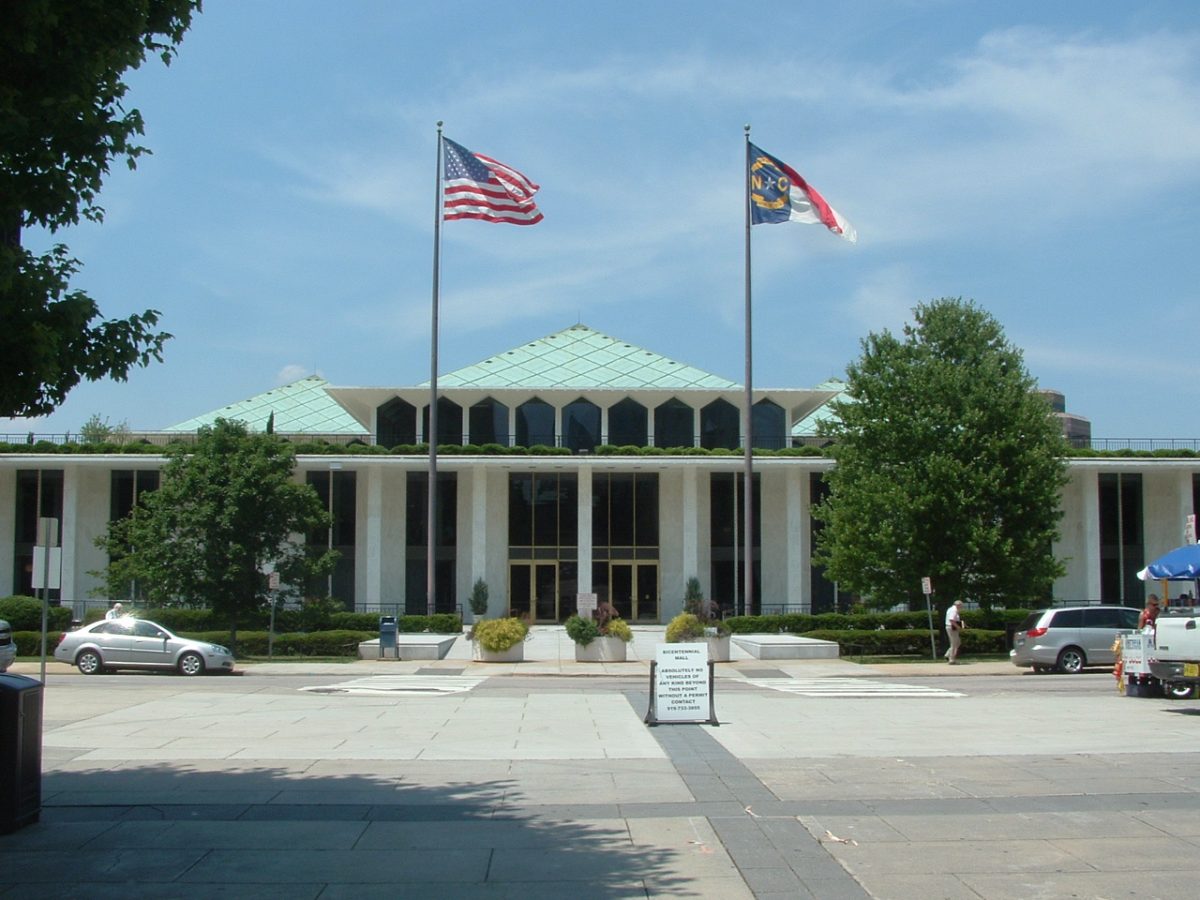With Election Day around the corner, the presidential and gubernatorial races dominate headlines, pulling voter attention away from other important races on the ballot. This year, North Carolinians will also elect representatives in the North Carolina General Assembly.
Understanding the North Carolina General Assembly
The General Assembly is the state legislature of North Carolina. Divided into two chambers – the 120-member state House of Representatives and the 50-member state Senate.
Since 2011, the Republican Party has controlled both chambers of the state legislature. In 2023, they achieved supermajority when NC Representative Tricia Cotham changed her party affiliation from Democrat to Republican.
Holding supermajorities in both the state House and state Senate gives the Republican Party enough seats to control the legislative agenda without bipartisan support. It also gives them the ability to override vetoes from Democratic Gov. Roy Cooper. Even with Democrat control in the governor’s office, the supermajority has allowed Republicans to ease campaign finance rules and limit the governor’s power to appoint state board members – all despite Cooper’s objections.This year, the landscape could shift with just one seat.
Battleground Districts in the 2024 Elections
North Carolina Democrats need just one seat to end the Republican supermajority in either the state House or Senate.
Their efforts are aimed at breaking this supermajority, especially following the new congressional map passed by the General Assembly in 2023 – expected to give Republicans a significant electoral advantage.
In March, the Democratic Legislative Campaign Committee identified 14 districts in the state House and Senate that are considered key this year, including two Triangle-area House seats: Districts 35 and 37 as well as three Triangle-area Senate seats: District 18, District 13 and District 11.
These races are considered competitive and could decide North Carolina’s political landscape with both the Republican and Democratic parties vying for control.
Understanding the Competitiveness of the Races
In North Carolina, the process of drawing legislative maps – known as redistricting – significantly impacts political power dynamics, often benefiting the party in power. In 2023, the General Assembly adopted new congressional district boundaries.
In an article by WUNC, Michael Bitzer, a political science professor at Catawba College, said Republicans have crafted maps that are likely to maintain their veto-proof supermajorities in both chambers of the North Carolina legislature. The 2024 redistricting map establishes 10 solidly Republican districts, three solidly Democratic districts and one competitive district.
While in theory, redistricting contributes to political polarization by making elections less competitive, North Carolina is known to be a heavily gerrymandered state – altering the fairness of elections before any votes are cast.
When district lines are drawn to favor one party over another, it shows why some races are competitive while others seem safe for incumbents.
If a district is shaped to include a higher concentration of voters from a particular party or group, it may become less competitive for opposing candidates.
According to the Brennan Center for Justice, in Southern states, residential segregation and racially polarized voting patterns allow the party in charge of redistricting to target communities of color as a strategy to maintain a supermajority.
Why does the State Senate and House Election Matter?
Each seat in the General Assembly represents a geographic district within the state, allowing elected officials to address the unique needs and concerns of their constituents.
State senators propose and vote on legislation, approve budgets and voting to uphold or override gubernatorial vetoes. House members engage in similar legislative responsibilities as senators, including crafting laws and representing their constituents’ interests.
Both chambers of the General Assembly work together to propose, debate and enact laws. This includes addressing key issues such as education funding, healthcare and infrastructure. While many may overlook these races, state legislators do have significant influence over issues that directly affect North Carolina residents.
In September, the General Assembly passed a bill highlighting two main priorities from the 2024 legislative session: private school vouchers and requiring sheriffs to work with U.S. Immigration and Customs Enforcement. Later, the bill was vetoed by Gov. Cooper.
Due to North Carolina’s current political landscape, with the legislature dominated by one party, while the governor’s office is held by another – the results of the General Assembly elections and governor’s race are crucial to determine North Carolina’s distribution of political power.






